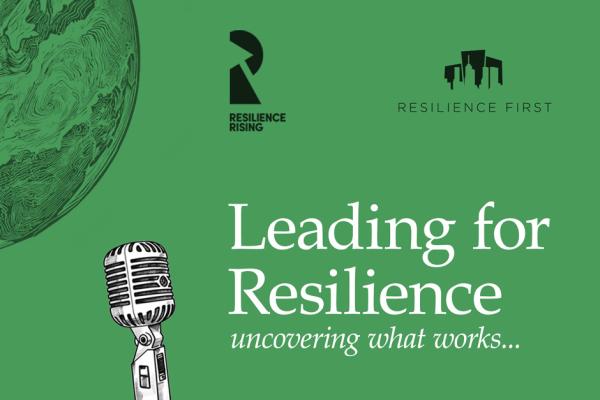Introduction
One of the key facets of resilience is the idea of empowerment. This is the process whereby responsibility – but not authority – is devolved downwards to employees who can then act on their own experience and judgement to resolve issues. This has great advantages in a crisis when managers may be occupied or absent, and subordinates have to step up and respond.
Mission oriented
Providing this approach is adopted and encouraged BEFORE a crisis, with everyone having a clear understanding of the common purpose and vision of the organisation, then subsequent disruption can be reduced and recovery accelerated. The military use this approach and refer to it as task- or mission-oriented command: it is, in effect, having a north star to point to or a flag to coalesce around. Yet to be effective, empowerment needs to be based on a high level of trust which comes about through close individual and team bonding and mutual confidence built up over time.
The benefits of empowerment apply also to non-critical situations. These upsides have been revealed in a recent book called Humanocracy. [i] The authors believe that routine, low-skilled jobs can be improved when employees in those jobs are given the opportunity to use their initiative and change the way they work. Of eight leadership behaviours documented, empowerment was the most highly correlated with employee engagement, job satisfaction and organisational commitment.
The authors say: ‘What makes a job low skilled is not the nature of the work it entails, or the credentials required, but whether or not the people performing the task have the opportunity to grow their capabilities and tackle novel problems’. This is possible if managers are willing to relax their bureaucracy, devolve power to lower levels and treat people as more than a human resource. Apparently, employees spend an average of 27% of their time on bureaucratic chores such as writing reports, documenting compliance and interacting with staff functions.
Hyper powered
If there were to be a shift away from over-centralisation and adherence to bureaucratic rules regarding smaller teams towards providing those teams their own accountability and responsibilities – in effect, generating a ‘hyper-powered workforce’ – the authors argue that businesses can become more resilient, creative and productive.
Several real-life examples are provided in the book that evidence the case but one is worthy of repeating.
Buurtzorg is a Dutch provider of home health services founded in 2006 and voted Dutch Employer of the Year five times. The company’s workforce of 11,000 nurses and 4,000 domestic helpers is organised into more than 1,200 self-managing teams. These compact operating units are responsible for finding clients, renting office space, recruiting new team members, managing budgets, scheduling staff, meeting targets and constantly improving the quality and efficiency of the care they provide.
To support its hyper-powered workforce, Buurtzorg trains every employee in group decision making, active listening, conflict resolution and peer-to-peer coaching. The company encourages teams to optimize their practices by tapping the collective wisdom of the network and innovating locally. As a result, the company is able to manage all its 15,000 employees with just two senior directors (including the founder) and 50 back-office staff (mostly in IT) plus 52 personnel coaches.
The authors of the book argue that empowering employees can provide both motivation and satisfaction while reducing staff turnover and increased profits. If more people were equipped with the skills and the accompanying responsibilities to be more innovative and flexible in their routine tasks then they would not only be more productive but they would also be more prepared to act if the routine broke down and a crisis situation arose. That is the mark of a resilient workforce. It is one from which many companies could benefit at all times but it needs planning and preparation.
[i] Hamel G, Zanini M, Humanocracy: Creating Organizations as Amazing as the People, August 2020.



